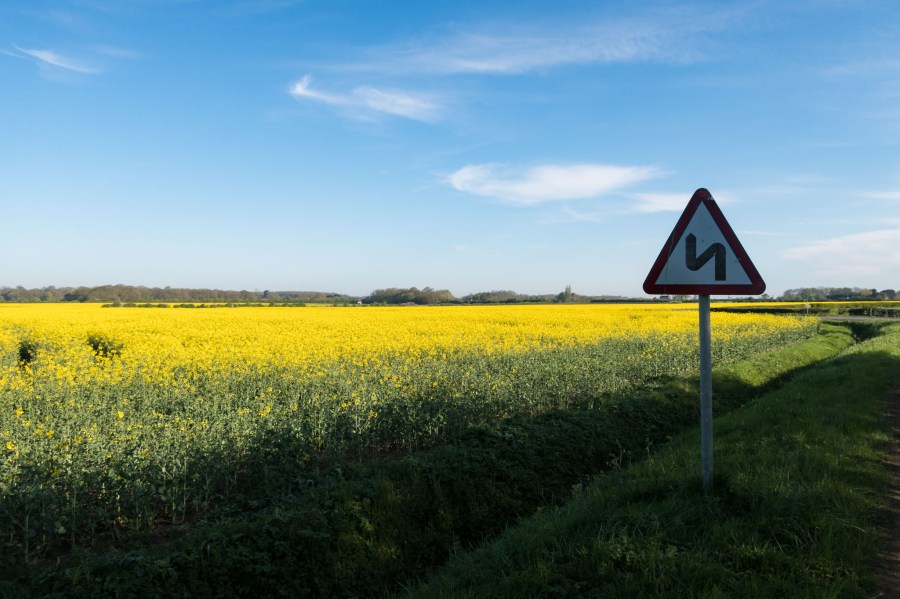The Open Spaces Society, Britain’s oldest national conservation body, has called for post-Brexit funding for agriculture to include support for public access to the countryside
The society has responded to the government’s consultation, Health and Harmony: the future for food, farming and the environment in a Green Brexit, a precursor to the Agriculture Bill.
The government has said that public money must pay for public goods. Accordingly, the Open Spaces Society has sent the government a plan setting out how public access can be supported. The society argues that any new funding scheme should include financial support for landowners who provide additional access or improvements to existing access.
New access could be along defined paths, or freedom to roam, or both; it must be well publicised, targeted to where it will bring public benefit, and ideally permanent. For example, this could include new routes to enable walkers, riders and cyclists to avoid using roads, or to link up existing paths to create circular routes.
There should also be rewards for enhancing existing access, by, for instance, increasing path widths, leaving a path across arable fields undisturbed and uncultivated, or mowing a field-edge route and preventing encroachment by vegetation.
The society says that it is important that those who receive grants and have existing public paths on their land should ensure that all legislation is complied with, i.e. keeping paths clear of obstruction and reinstating them after ploughing. This requires a robust cross-compliance scheme, which does not exist at present.
Hugh Craddock, case officer for the Open Spaces Society, says: “There is a unique opportunity greatly to improve public access to the countryside. However, it must be properly enforced to ensure that public money is providing public benefit, so we have called for a strict process to ensure cross-compliance.
“At present the maintenance of public rights of way is the responsibility of under-funded highway authorities (local authorities). There is an opportunity, with public money, to give farmers and land managers greater responsibility for maintenance of paths.”
The society has joined the British Horse Society, the BMC, Cycling UK and the Ramblers in a petition calling for the government to ensure the Agriculture Bill protects and enhances public access to the countryside.
The society has also called for a better deal for common land in the Agriculture Bill.
Hugh added: “Commons, in upland and lowland England, are important for their wildlife habitats, landscape, archaeology, cultural heritage and opportunities for recreation as well as, in some areas, the viability and profitability of farming enterprises.
“But the existing mechanisms for protecting commons through agricultural support often do not work because individuals can thwart an agreement. We have proposed that the government takes powers in the Agriculture Bill to provide for agreements to be made more readily for our unique common land.”
Header image © Alex Roddie
Post-Brexit funding for farmers must include support for access, Open Spaces Society says








